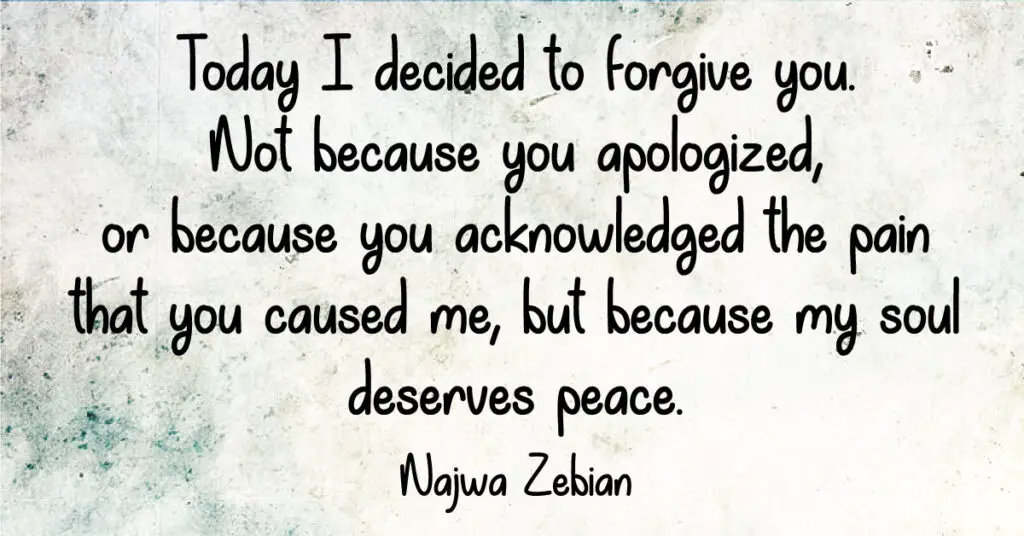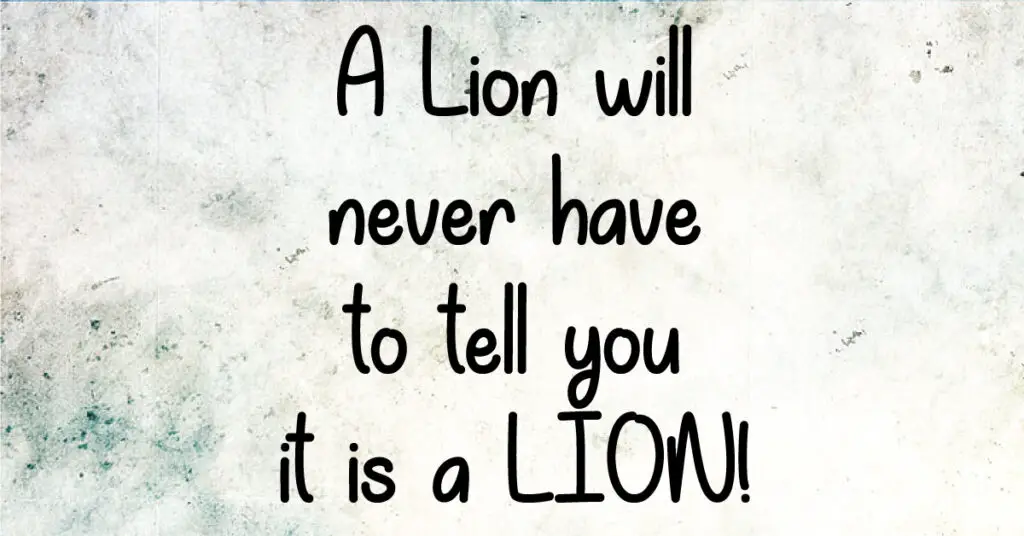In the labyrinth of human emotions, emotional intelligence stands as a beacon guiding us towards understanding and managing our feelings. It’s a vital aspect of our mental health, playing a crucial role in how we perceive and react to our own emotions and those of others.
It also has a profound impact on our relationships, decision-making, and overall quality of life. But perhaps one of the most profound aspects of emotional intelligence is its potential to heal hidden wounds.
Emotional Intelligence and Healing: A Symbiotic Relationship
Emotional intelligence begins with healing your emotions. This process starts with identifying your higher self and awakening this part of you. It’s about understanding your narrative, creating counter-narratives for microaggressions, and separating yourself from negative experiences.
Healing emotional wounds requires recognizing the powerful role emotional healing can play in your life, which comes with developing your emotional intelligence. To heal from pain, you must feel it. Sound therapy, deep breathing, and yin yoga are a few modalities that can help to release emotional pain from the body.
Emotional intelligence can also be used as a form of healing and resistance. It’s about using emotional intelligence to understand your triggers, sit with your feelings, and then return to the present moment. Past trauma can impair the brain areas and functions that support emotional intelligence, but establishing psychological safety can help to mitigate these effects.
10 Signs of Emotional Intelligence That Facilitate Healing
Self-awareness
The ability to recognize and understand your moods, emotions, and drives refers to self-awareness, a crucial aspect of emotional intelligence. It involves being conscious of what you’re feeling and why, and how those feelings are influencing your actions.
This extends to understanding how your emotions can affect those around you, either positively or negatively. Essentially, it’s about gaining insights into your emotional state and its impact on your environment.
Self-regulation
Emotional intelligence encompasses the capacity to control impulsive reactions and handle fluctuating moods, which means regulating your responses across different scenarios. This implies preventing immediate emotions or feelings from dictating your actions, particularly when they could result in adverse consequences.
The tendency to delay judgment and ponder prior to acting involves taking a moment to weigh the repercussions and explore other options before deciding. In essence, it’s about practicing self-discipline and thoughtful consideration to steer your conduct.
Motivation
A passion to work for reasons that go beyond money or status is a characteristic of emotional intelligence related to intrinsic motivation. It involves deriving satisfaction and fulfillment from the work itself, rather than external rewards.
The propensity to pursue goals with energy and persistence signifies a drive and determination to achieve personal objectives, regardless of obstacles or setbacks. Essentially, it’s about being motivated by personal growth, learning, and accomplishment, rather than just financial gain or recognition.
Empathy
Empathy, a crucial aspect of emotional intelligence, refers to the ability to comprehend the emotions and feelings of others. It involves putting oneself in another person’s shoes, perceiving their perspective, and reacting with appropriate emotion.
This understanding extends to recognizing the emotional dynamics within a group or social setting. Essentially, it’s about connecting with others on an emotional level, fostering better communication, and building stronger relationships.
Social skills
Having good social skills is an integral part of emotional intelligence, which refers to the ability to manage and nurture personal and professional relationships effectively. It involves the capacity to build networks, meaning establishing connections and rapport with a diverse range of individuals.
These skills also encompass conflict resolution, persuasion, and leadership abilities, which are essential for thriving in social and professional environments. Essentially, having strong social skills is about being able to navigate social situations and interactions with tact, diplomacy, and understanding.
Emotional resilience
The capacity to move through difficult emotions and experiences without getting stuck refers to emotional resilience. This essentially means having the ability to experience negative emotions, such as sadness, anger, or frustration, and not allowing them to derail your progress or well-being.
It involves acknowledging these emotions, understanding their source, and then effectively managing and overcoming them. Essentially, it’s about maintaining emotional balance and continuing forward in spite of adversity, displaying resilience and strength.
Mindfulness
Staying present and engaged in the current moment, rather than dwelling on past hurts or worrying about the future, refers to the concept of mindfulness. This involves fully immersing oneself in the current experience, paying attention to the details of the here and now without judgment.
It’s a conscious effort to not let past regrets or future anxieties distract from the immediacy of the current situation. Essentially, it’s about cultivating an awareness that can lead to greater understanding, peace, and productivity, enabling one to live more fully and effectively in the present.
Optimism
Maintaining a positive outlook, even in the face of adversity, refers to the practice of optimism. This means consciously choosing to see the bright side of situations and expecting good outcomes, even when circumstances are challenging.
It’s about believing in your abilities to overcome obstacles and viewing setbacks as temporary hurdles rather than permanent roadblocks. Essentially, it’s a mindset that can boost resilience, improve problem-solving skills, and contribute to overall well-being and success.
Understanding and validating your emotions
Acknowledging your feelings and their validity instead of suppressing or ignoring them refers to the practice of emotional self-awareness. This involves recognizing and accepting your emotions as they are, and understanding that they are a natural response to certain situations or events.
It’s about giving yourself permission to feel without judgment, and understanding that all emotions, even uncomfortable ones, have a place in our human experience. Essentially, it’s a crucial step towards emotional intelligence, leading to improved mental health and more effective interpersonal relationships.
Active listening
Effective active listening is characterized by giving your full attention to the speaker, taking the necessary time to interpret their points, asking pertinent questions when needed, and avoiding untimely interruptions. This entails maintaining a keen focus on the speaker, expressing sincere interest in their discourse, and holding back from prematurely inserting your own views or reactions.
The objective is to seek clarity when required and to exhibit engagement through both verbal and non-verbal cues. Ultimately, it forms a crucial part of successful communication, promoting mutual respect and comprehension, and paving the way for deeper, more impactful connections.
Final Thoughts
Emotional intelligence is not merely a concept or a buzzword; it’s a practical tool that can help us navigate our emotional world more effectively. It provides us with the skills we need to manage our emotions, relate to others, and make decisions that are in line with our values and goals.
Furthermore, emotional intelligence has the power to facilitate healing. Whether we’re dealing with past trauma, current stressors, or future worries, developing our emotional intelligence can help us to cope more effectively. By recognizing and understanding our emotions, regulating our responses, staying motivated, empathizing with others, and honing our social skills, we can heal our hidden wounds and build a life that is emotionally rich and fulfilling.








